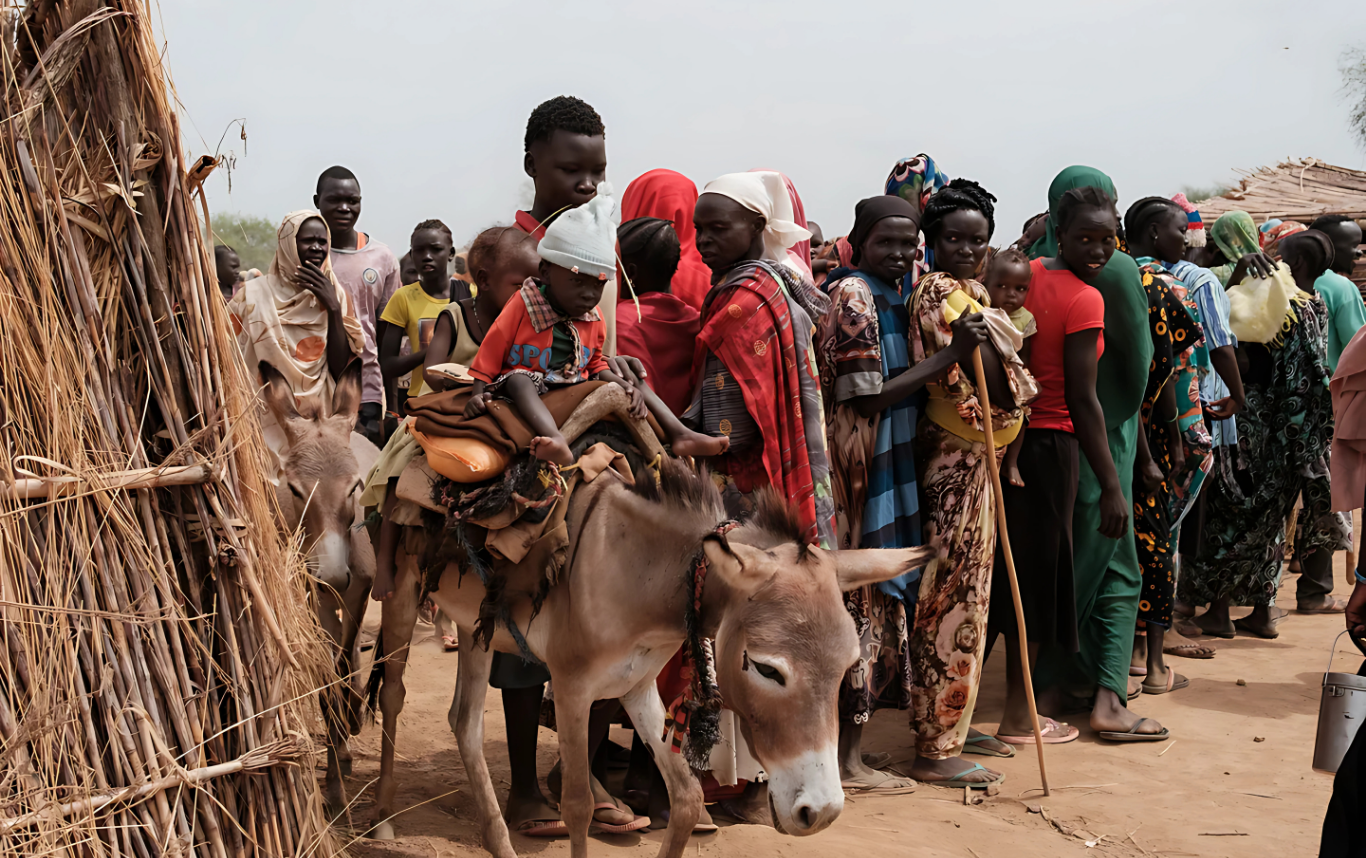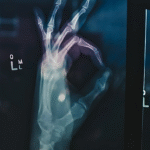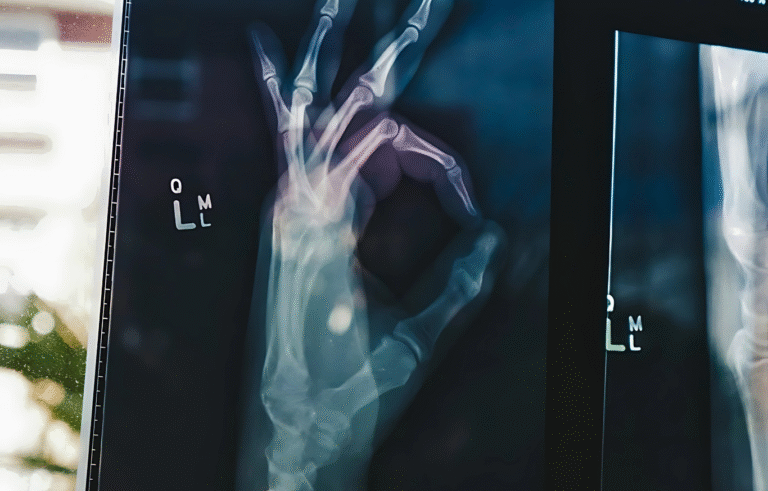
Sudan Crisis Deepens: Nearly 300 Civilians Massacred by RSF in North Kordofan
Mass Killing in North Kordofan: A New Low in Sudan’s Civil War
The ongoing civil war in Sudan continues to escalate as the Rapid Support Forces (RSF) have reportedly killed nearly 300 civilians in a devastating series of village raids in North Kordofan. These attacks, described by Emergency Lawyers, a Sudanese human rights group, as “brutal and indiscriminate,” targeted villages devoid of any military presence, further emphasizing the intentional and criminal nature of these atrocities.
Since the outbreak of war in April 2023, Sudan has witnessed escalating violence between the RSF and the Sudanese Armed Forces (SAF). However, the massacre in North Kordofan, particularly in and around the city of Bara, marks one of the most horrific chapters in this crisis so far.
Shag Alnom: A Village Turned to Ashes
The village of Shag Alnom bore the brunt of the RSF’s assault. Eyewitnesses and legal observers confirmed that over 200 people were either shot or burned alive when RSF forces set homes ablaze and opened fire on residents trying to flee. The attack was sudden, coordinated, and devoid of any military justification, making it clear that this was a targeted act of violence against civilians.
Survivors recount scenes of horror, including families trapped in their homes, bodies charred beyond recognition, and gunmen firing indiscriminately into crowds. Local human rights defenders and international monitors have condemned these acts as potential war crimes.
Hilat Hamid: A Second Wave of Bloodshed
Following the devastation in Shag Alnom, the RSF reportedly moved to Hilat Hamid, where another 46 civilians, including pregnant women and children, were slaughtered. Houses were looted, livestock was stolen, and community infrastructure such as wells and clinics were destroyed. Emergency Lawyers labeled this assault as “a clear violation of international humanitarian law.”
According to United Nations officials, over 3,400 people were displaced from their homes in this round of attacks alone, further fueling the already dire refugee and displacement crisis in Sudan.
Deliberate Targeting of Civilian Areas
The systematic attacks on villages in North Kordofan are believed to be strategic acts of ethnic and political terror. Emergency Lawyers and other Sudanese advocacy groups argue that these villages had no military value, nor were they harboring armed resistance.
“The targeted nature of these attacks makes it evident that they are part of a calculated campaign of terror designed to instill fear, displace populations, and consolidate territorial control,” the group said in a statement.
RSF’s Track Record of Atrocities and Impunity
This is not the first time the RSF has been accused of large-scale atrocities. Since the start of the conflict, numerous international bodies, including the United States, Human Rights Watch, and Amnesty International, have documented evidence of war crimes, including:
- Mass rapes
- Summary executions
- Forced displacement
- Looting and destruction of civilian property
- Ethnic cleansing campaigns, particularly in Darfur
Despite promises from the RSF leadership to prosecute wrongdoers, little to no action has been taken, and impunity remains the norm.
Humanitarian Catastrophe: Hunger, Disease, and Displacement
The continuing conflict in Sudan has resulted in what many experts now describe as the most severe humanitarian crisis in the world.More than half the population—over 25 million people—need urgent aid. According to the World Food Programme (WFP), over 18 million Sudanese are facing acute food insecurity.
The RSF’s latest wave of violence in North Kordofan has further intensified the ongoing crisis.
- Essential food supplies have been destroyed or stolen
- Health services have collapsed, with outbreaks of cholera and malaria rapidly spreading
- Educational institutions have been closed, with numerous buildings repurposed as temporary shelters for those who have been displaced.
Despite the scale of the crisis, global humanitarian funding has dwindled, leaving aid agencies scrambling to provide basic assistance.
International Response: Words Without Action
Global reactions to the North Kordofan massacre have been muted and ineffective. While some nations and organizations have issued statements of condemnation, there has been no meaningful international intervention.
The United Nations has called for investigations, but access to the affected areas remains limited due to continued fighting. The African Union has yet to impose significant sanctions or diplomatic pressure, and Western governments have focused mainly on evacuating their citizens rather than addressing the root causes of the violence.
Power Struggles: SAF vs. RSF and the Battle for Sudan’s Future
The Sudanese Armed Forces (SAF) maintain a stronghold over central and eastern parts of Sudan, whereas the RSF remains firmly positioned in the western areas, such as Darfur and North Kordofan. The battle for control of the resource-rich and geographically crucial North Kordofan has become a critical part of the civil war.
As both factions seek dominance, civilians are paying the ultimate price. Experts warn that if the international community does not act decisively, Sudan could descend into a failed state with even more widespread atrocities.
Call for Justice and Accountability
There is a growing call for the establishment of a war crimes tribunal to hold those responsible for the North Kordofan massacre and other atrocities accountable. Sudanese civil society groups are urging the International Criminal Court (ICC) to expedite its investigations and issue warrants where necessary.
Accountability is not only a moral imperative but also a necessary step toward peace and reconciliation. Without justice, the cycle of violence will continue, and millions will remain at the mercy of militias operating with impunity.
A Nation in Peril
The massacre in North Kordofan is more than just a tragic footnote in Sudan’s ongoing civil war—it is a clear indication of systematic targeting of civilians and a dire warning about the trajectory of this conflict. With global attention scattered, the people of Sudan face a future filled with uncertainty, displacement, and despair.
We must not look away. The international community, humanitarian agencies, and global citizens must unite in demanding accountability, increased humanitarian assistance, and a renewed commitment to peace negotiations.









